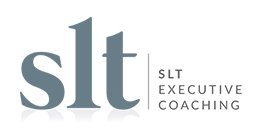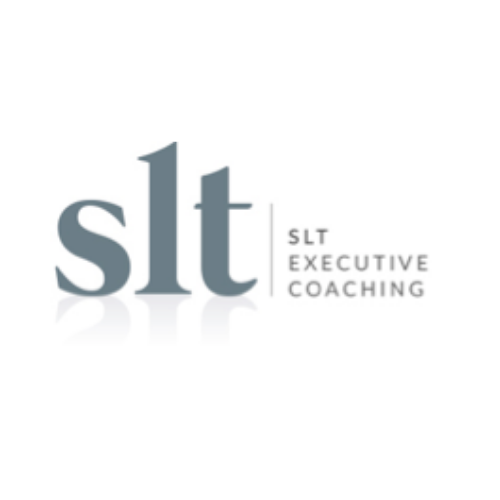What will your third stage career look like?
Given longer life expectancy many of us will need, or choose, to work longer than previous generations. The average retirement age is increasing year by year and projections suggest that over the next eight years there will be 300,000 fewer workers under the age of 30, and 1 million more over the age of 50.
This would suggest that many professional organisations will need to focus on retaining experienced and talented employees as fewer graduates enter the workforce. Equally, research points to the fact that as people contemplate longer working lives, they are seeking a better balance between work and outside commitments. So, what are the implications for people approaching the later stages of their careers?
THIRD-STAGE CAREERS
It can seem today that traditional stages of a career – establishment, growth, maintenance and withdrawal – are starting to lose traction. Amongst other factors, the pressures faced by an ageing population and declining birth rates can mean that many people are not looking to withdraw altogether from work as they approach the latter stages of their careers. Instead, the prospect of developing a ‘third-stage’ career is for many, increasingly appealing.
Transition points, at any stage of our careers, frequently present themselves during or following a crisis point. Financial pressures, a need for flexible hours to care for older family members or perhaps returning to work after a period of absence due to illness are all reasons that can push people to re-appraise their careers as they approach their 50s and 60s. Other triggers can include a feeling of ‘being stuck in a rut’ in an existing role, adapting to an ‘empty nest’ and the threat, or opportunity, of redundancy or early retirement.
The catalyst for change often comes through a deep-rooted desire to seek a new challenge, coupled with curiosity as to whether it is possible to make a change – a sense that this might be the right, possibly the last, time to re-energise a career. Developmental theories on age transition highlight how usual it is for people approaching the latter stages of their careers to examine where they are in life, and to experience a need, longing even, to change direction.
OPPORTUNITIES
Considerations on how to renew a career can present themselves in the following ways:
As an opportunity to focus on one more promotion in an existing firm, perhaps after putting career prospects on hold for caring responsibilities;
As a desire to continue working but with reduced, flexible hours – taking an opportunity for part retirement;
As the time to seek a fresh challenge in a similar role, or field;
As a will to make a bold move, re-train even, and seize a new opportunity altogether.
People might choose to take a sabbatical, get involved in industry initiatives, speak at events, mentor, develop a freelance portfolio career or even start their own business. Embracing a multi-stage career can reap many benefits, not least for physical and mental wellbeing and health.
CHALLENGES
Sometimes, though, unsettling feelings of uncertainty, confusion and fear can dominate a transition period. Perhaps competition from younger colleagues looking for promotion feels like a threat, or the firm is resistant to flexible working patterns, or starting over seems like a huge challenge. It can take time and support to realise, and have the confidence, motivation and resilience, to make a change. What if it is too late? These feelings can particularly resonate for people looking to change careers altogether, build their own business or develop freelance work. The stakes can seem very high.
CHANGE
So, what can be done to navigate the uncertainty and to embrace the third stage of a career when the path ahead seems unclear? For many whose priorities are changing, it can be a valuable opportunity to mentally ‘step out’ and re-define career and life goals. Important stages of this process include:
Taking time to think and take stock of the life and work journey so far
Defining goals and articulating what success will look and feel like
Reflecting on personal strengths, values and purpose
Exploring all the options and mapping out the alternatives, noting any potential obstacles
Planning for change: what is the preferred course of action to achieve the goal/s? How can strengths be drawn upon to get there?
Enlisting support: what, and who, can help the achievement of these goals? What will be needed to stay on track whilst making a change?
Coaching and mentoring are two ways that can help people to create satisfying later-stage careers; stepping out of the day to day, creating a space in which to think and working with a coach or mentor to clarify shifting priorities. Taking a pragmatic approach to managing the transition can reap rewards and have a lasting impact.
THE FUTURE
Individuals who do make career changes, or tweaks to their careers, often cite having a better vocational identity, as well as clearer career goals. This creates a renewed sense of purpose, which is energising and incredibly motivational.
For organisations, offering flexibility is key to employees at all stages of their careers. The potential benefits are clear: making the most of a highly-skilled and experienced talent pool, irrespective of age, and gender. This will become increasingly important in addressing issues of longer working lives, or ‘active ageing’. People will be seeking flexibility and opportunities to move sideways, as well as upwards within existing and new firms.
Some firms create opportunities for older workers to join them during later life via their Returner programmes, designed for people who have taken extended career breaks. What we also need now is for this to become more widespread, for returners and existing employees; a consistent move towards a more flexible workplace that makes the most of its talent pool and embraces the opportunities presented by multi-stage careers.
*************
This article first appeared on CityParents.

